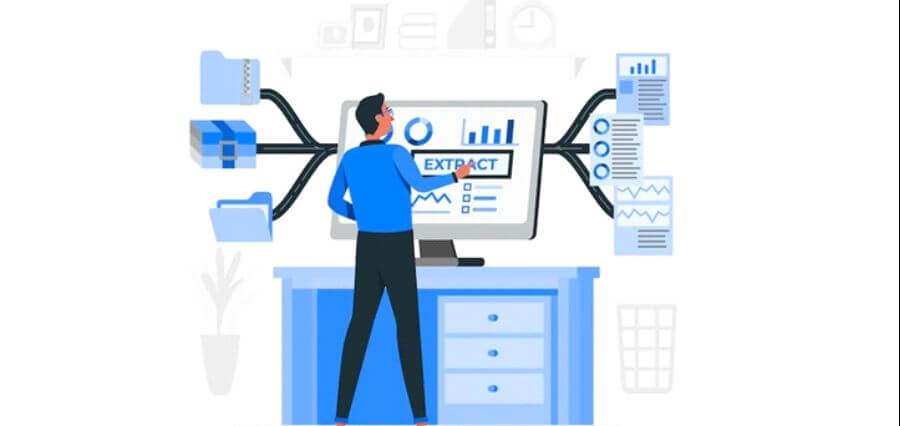In the modern age of construction, the need for efficient and comprehensive software solutions is at an all-time high. The ever-changing landscape of the industry requires contractors to stay up-to-date with the latest technologies and be able to quickly integrate them into their existing processes. Construction software integration tools can be a major asset in this regard, allowing contractors to easily integrate multiple applications, data sources, and software solutions into a single, cohesive platform. Some software like Rovuk helps in assisting with customer relationship management, bids, and proposals. This type of software helps professionals to accomplish preconstruction, sales, and marketing tasks by taking care of repetitive admin tasks.
For contractors, the first major benefit of construction software integration tools is the ability to streamline their operations. By merging multiple software solutions into one platform, contractors can more efficiently manage projects, track progress, and monitor costs. This integration can also help contractors better organize their data, allowing them to access the information they need quickly and easily. Construction work requires the use of different machineries, like Landoll for transporting materials from one place to another.
It can reduce the amount of time and effort needed to perform tasks, as data does not need to be copied, reformatted, and re-entered into multiple software solutions. This can dramatically reduce the amount of time and money spent on manual data entry and allow contractors to complete tasks more efficiently.
Another advantage of construction software integration tools is improved collaboration. By consolidating multiple software solutions into one platform, contractors can quickly share data and collaborate with other team members in real-time. This can help accelerate progress and ensure that everyone is on the same page, leading to better communication and a smoother workflow. They can use integrated software solutions to access data from multiple sources and create a single dashboard for monitoring and tracking data. This can help contractors make better decisions and ensure that everyone is working towards the same goals.
Here are the five methods of software integration tools used in construction:

- API (Application Programming Interface) Integration: API integration is a popular way to integrate software applications. APIs are pieces of code that allow two applications to communicate with each other. By using an API, one application can access the data from another application and perform certain functions, such as generating reports or sharing data.
- Web Services Integration: Web services are web-based applications that can be accessed from any device with an internet connection. Web services integration allows construction managers to access a variety of software applications from a single web-based interface. This makes it easier to manage multiple software programs and keep track of project progress.
- Cloud Integration: Cloud integration is a type of integration that allows construction managers to access their software programs from a cloud-based platform. This makes it easier to access data and applications from any device with an internet connection. It also allows construction managers to collaborate on projects in real-time, making it easier to stay on top of project progress.
- Database Integration: Database integration allows construction managers to access and manage data from a single platform. This makes it easier to keep track of project progress and manage multiple software programs at once. Database integration also makes it easier to share data between different software programs.
- Mobile Integration: Mobile integration is a type of integration that allows construction managers to access their software programs from a mobile device. This makes it easier to stay on top of projects and manage multiple software programs on the go.
These tools can improve customer service. By consolidating multiple data sources into one platform, contractors can quickly and accurately respond to customer inquiries and requests. This can help contractors provide better customer service and ensure that customers are satisfied with the work being done. Additionally, integrated software solutions can help contractors provide reports to customers in a timely manner, allowing them to better understand the progress being made and track the progress of their projects.
In conclusion, construction software integration tools can provide many benefits to contractors. There are a number of different software integration tools available, including API integration, web services integration, cloud integration, database integration, and mobile integration. Each of these tools has its own advantages and can be used to make construction projects easier to manage and track.









